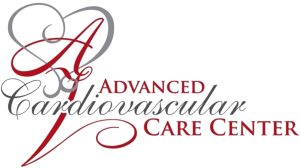Carotid Artery Disease
Carotid artery disease affects the vessels leading to the head and brain. Acquiring this disease is a risk factor for having a stroke.
Carotid disease generally doesn’t boast any symptoms. However, when blood flow to part of the brain is restricted, symptoms generally occur. If an individual is experiencing warning signs of a stroke, there is likely a blockage in the carotid arteries.
Transient ischemic attacks (TIAs) are critical warning signs that an individual is at risk for having a stroke. TIAs are brief episodes of headaches, dizziness, tingling, numbness, blurred vision, confusion, or paralysis that can last anywhere from a few minutes to a couple of hours. It’s imperative that an individual see a doctor immediately if there are any signs of a TIA.
There are several risk factors for carotid artery disease.
These include:
• High levels of “bad” cholesterol and triglycerides in the blood
• High blood pressure
• Diabetes
• Smoking
• Family history of coronary artery disease or stroke
• Obesity
• Lack of exercise
Treatment options for carotid artery disease are dependent on the cause and severity of the disease. For atherosclerotic plaque, the most common treatments are:
• Lifestyle changes. The best changes are to quit smoking, control high blood pressure, limit the amount of alcohol you drink, and exercise.
• Medications. Certain medications that keep the blood from clotting—such as aspirin or anticoagulants—may be prescribed to prevent a stroke.
• Surgery. Having a carotid endarterectomy removes fatty plaque from arteries.
See your doctor to determine the best treatment plan for you.



